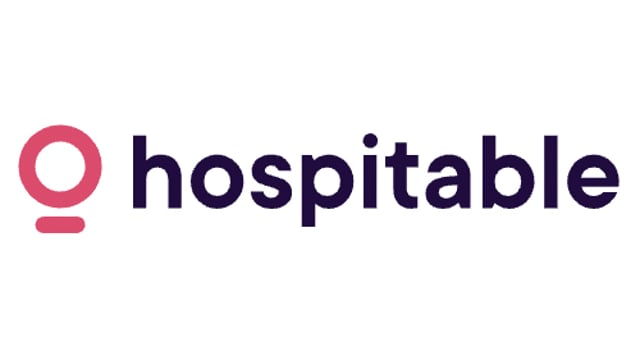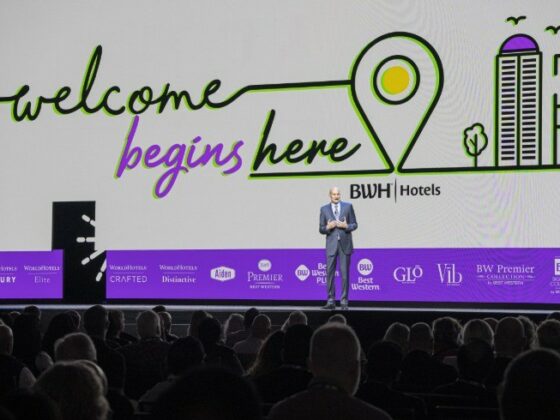
Here are the top five trends every hospitality leader should know:
1. High Tech Meets High Touch
AI isn’t about replacing people—it’s about empowering them. By automating repetitive tasks, AI frees up staff to focus on delivering personalized, authentic guest experiences. Adam Mogelonsky, a CHIEF panelist and Partner at Hotel Mogel Consulting Limited, emphasized, “Hospitality is fundamentally a people-to-people industry. AI should liberate teams to enhance human connections with guests.” This approach ensures that while technology streamlines operations, the heart of hospitality—genuine, meaningful interactions—remains at the forefront.
2. Data Integration Will Unlock New Revenue Streams
Despite having access to vast amounts of guest data, many hotels struggle with siloed systems that limit its potential. Experts predict that 2025 will be the year of seamless data integration, made possible by advanced APIs and middleware. With real-time analytics and machine learning, hotels can unlock actionable insights to enhance the guest journey and drive revenue.
3. Cost-Effective AI Solutions Are Within Reach
For businesses with limited budgets, AI-powered chatbots offer a practical starting point. These virtual assistants operate 24/7, handle multiple languages, and address both guest and employee needs. Christus Gill, Information Technology Manager at Zoëtry® Marigot Bay St. Lucia and CHIEF panelist, noted, “AI chatbots are an affordable, efficient way to enhance productivity and guest satisfaction, allowing staff to focus on higher-value interactions.”
Beyond chatbots, hotels can start integrating accessible AI tools to address specific needs. “In terms of what AI can do in the near-term,” said Mogelonsky, “consider contextual marketing messages, prearrival upselling, websites with adaptive content, dynamic room availability, personalized itinerary planning, responsive staff scheduling, guest feedback semantic analysis, and predictive maintenance.” These innovations provide a roadmap for hotels to implement AI solutions that immediately drive results and improve operations.
4. Cybersecurity Must Evolve with AI
As AI evolves, so do cyber threats. The hospitality industry’s reliance on sensitive guest data—including names, addresses, passport details, and credit card information—makes it a prime target for hackers. High staff turnover further amplifies the risks, as new employees often gain access to critical systems before receiving adequate cybersecurity training.
Many hotels focus heavily on hardware and software security solutions but neglect the critical role of employee education. “AI is being leveraged by hackers to conduct sophisticated attacks, including evolving social engineering tactics. Cybersecurity training is critical in equipping employees to identify and respond to these threats effectively,” Gill added.
By prioritizing ongoing training for all staff, hotels can better safeguard sensitive guest data, mitigate the risks of human error, and create a culture of security that adapts to the latest threats.
5. Preserving Caribbean Culture Through AI
AI can play a transformative role in showcasing and preserving the Caribbean’s rich heritage. From traditional recipes and local folklore to iconic lyrics, AI-powered platforms can bring the region’s cultural treasures to life for both guests and younger generations. “Training AI agents with local knowledge is an innovative way to make Caribbean culture more accessible and engaging, bridging tradition and technology,” said Gill.
As the Caribbean hospitality industry embraces these trends, AI is poised to redefine the guest experience while honoring the region’s unique identity. By staying ahead of these innovations, hospitality leaders can position themselves for long-term success in a rapidly evolving landscape.
Resources & Next Steps:







